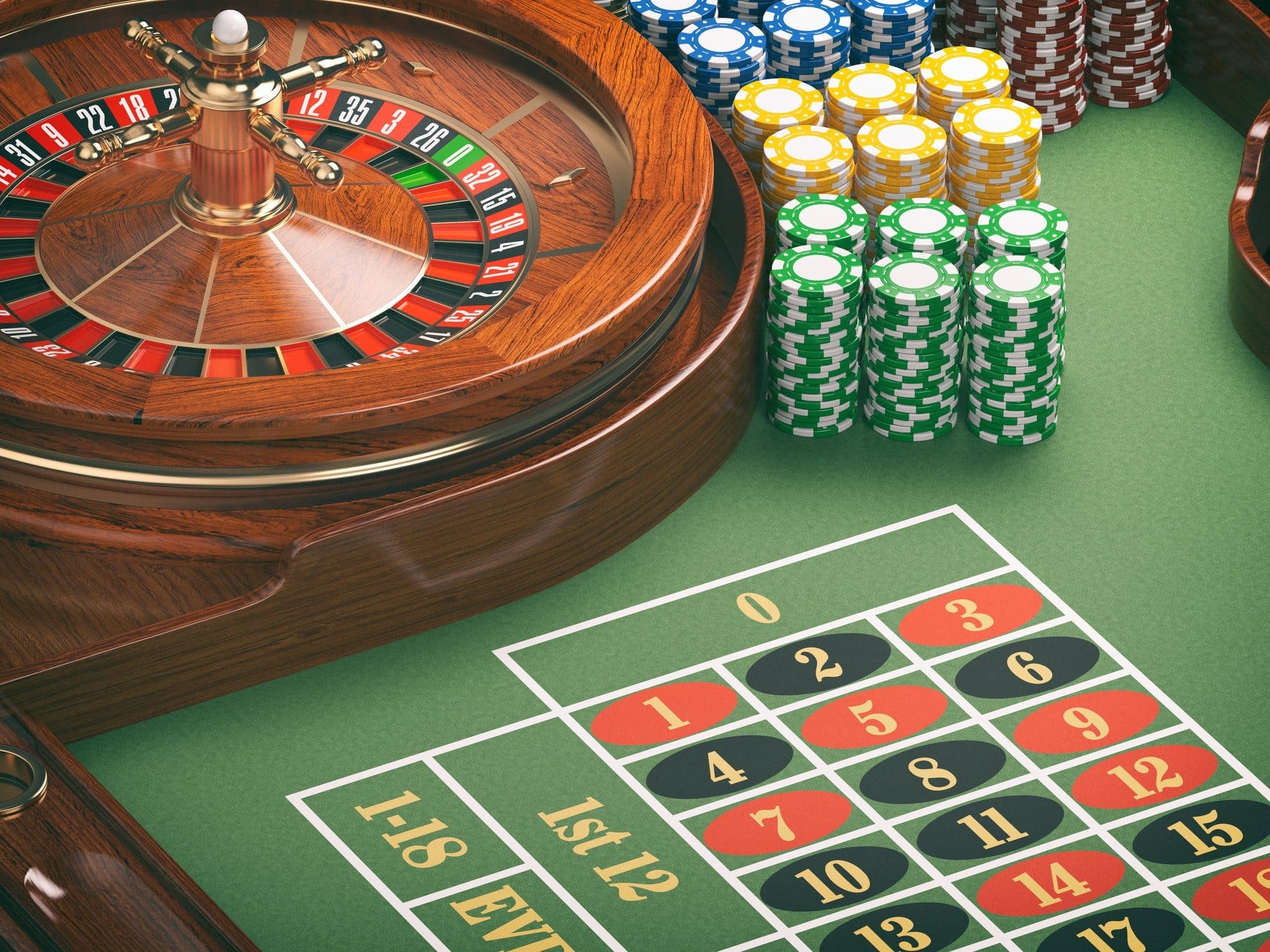The Mystery of Gambling Beliefs

In the world of gambling, where chance and strategy converge, a unique tapestry of beliefs emerges—one that intertwines luck, fate, and the enigmatic nature of casino games. Casinos, bustling with excitement and anticipation, are not just venues for placing bets; they are also arenas where superstitions thrive. From the novice player to the seasoned gambler, these mysterious practices often shape how individuals approach the games they play, believing that their actions can impact the outcome in ways that go beyond mere probability.
When players gather around roulette wheels, blackjack tables, and slot machines, the atmosphere is thick with stories of lucky charms, rituals, and codified behavior that defy logic yet provide a sense of comfort. It could be the case that it’s wearing a specific outfit, following a particular sequence of bets, or even avoiding certain numbers, the attachment to various superstitions reflects a deep-rooted desire to master the uncontrollable. This article delves into the captivating world of casino game superstitions, investigating the beliefs that both entertain and mystify those who dare to play.
Cultural Origins of Superstitions
Gambling games have long been connected with an host of superstitions that can be traced to primitive societies. The origins of these beliefs can be associated to humanity’s fundamental wish to control the uncertain outcomes associated with chance and uncertainty. In early civilizations, activities of uncertainty were often tied to ritualistic practices. Gamblers would call upon favor or request favor from deities, believing that their actions could affect the results in their advantage. This groundwork laid the groundwork for the myriad of superstitions that proliferated as gambling evolved over ages.
During the medieval period, betting became a widespread hobby across European nations, and with it, a colorful tapestry of superstitions developed. Players adopted numerous rituals and charms, believing they could change the consequences of games. The significance of numbers, in particular, emerged to manifest in superstitions around card games and dice. The number 7 was often considered lucky, while other numbers carried bad connotations. These beliefs mirrored the societal contexts of the time, adapting as they passed through generations and transformed to different gaming environments. non UK registered casino
As gaming establishments emerged in the 17th century, particularly in Italy and France, the atmosphere surrounding gambling became saturated in enigma. The growing accessibility of casino activities allowed for the spread and growth of superstitions among players. Concepts like lucky charms, special seating locations, and rituals gained prominence, creating a unique culture within betting houses. As these traditions continued to thrive, they became fundamental to the character of gambling activities, illustrating how history and society shape the belief systems that influence how gamblers connect with luck.
Widespread Casino Superstitions
Beliefs surrounding casino games are plentiful and varied, mirroring the dreams and anxieties of players as they participate in random games. One of the most common beliefs is that specific digits bring luck or misfortune. For example, the digit 7 is often seen as a lucky digit, frequently sought after by players looking for a positive result. Conversely, the digit thirteen is routinely considered unlucky, leading many players to steer clear of it during their gambling sessions.
A frequent superstition relates to rituals that gamblers believe can influence their odds. It could be blowing on the dice before a throw, using a specific gesture to place a wager, or even putting on specific items of clothing, many individuals feel that these rituals can sway luck in their favor. These practices offer a sense of power in an otherwise unpredictable environment, reinforcing the idea that luck can be created through personal convictions and customs.
Lastly, the ambiance and atmosphere of the gambling house itself contributes to superstition. Many players suggest that the presence of certain symbols, such as four-leaf clovers or fortunate coins, can enhance their odds of success. Additionally, gamblers might adhere to the notion that victory streaks can be halted by mundane events, such as someone walking past or a accident at the table. The shared atmosphere in a gambling house can amplify these beliefs, creating a communal culture of superstitions that goes beyond individual experiences.
Impact of Superstitions on Players
Beliefs play a significant role in the psychology of casino players, often affecting their behavior and choices. A lot of gamblers think that luck can be influenced through various rituals, such as donning a talisman, selecting specific colors, or avoiding certain numbers. This dependence on superstitions can create a feeling of authority in an environment that is intrinsically unpredictable. Players often feel more self-assured and engaged when they think that their actions could sway the result of a game in their favor.
The influence of these superstitions extends past individual players, affecting the general atmosphere inside the casino. For instance, a player who holds the belief in the luck of a particular slot machine might attract a crowd, as others are intrigued by their apparent success. This collective belief can heighten excitement and create a dynamic environment, leading to an interesting experience even for those who may not necessarily be believers themselves. The buzz around certain games can lead to higher participation and longer playing sessions, supporting the casino’s vibrant social scene.
In some instances, superstitions can lead to negative effects for players. Depending too much on rituals can result in bad gambling decisions, as some may ignore basic strategies in favor of baseless beliefs. Additionally, the stress to perform rituals may heighten anxiety and tension, diminishing from the pleasure of the experience. Ultimately, while superstitions can enhance the excitement of playing casino games, they can also lead to unwise choices that overshadow the fun and entertainment intended in the casino experience.